1. To look without a concept is to be aware of the observer and the thing observed - 20 May 1967 Duration: 88 minutes • Violence and sorrow are not limited to the West or the East; it is part of the human structure, psychologically. • Is it possible to bring about a change radically, a total revolution in the psyche itself, not through time? • The first and last freedom is when the mind is totally free from concepts and the mechanical process of building a formula. • It is an art to look, which is much more important than any art in the world, any painting, music or book; because when we can look so totally and completely, being directly in contact, there is an ending. • Q: If one has cancer, how can one be free from death? 2. Where there is pleasure there is the shadow of pain - 21 May 1967 Duration: 83 minutes • The whole movement of living, which is relationship, is a movement in action. • What is consciousness? When do you say, 'I am conscious, I am aware, I am attentive'? • Is there actually a division between the conscious and the unconscious, or it is a total movement, operating all the time? • The mind that pursues pleasure must inevitably invite its opposite, which is pain. The two go together; they are not separate. • You cannot see totally when you are making effort. • Q: If you love your own child, your attention to your child is fairly complete, but if you are a teacher you cannot give attention to all the students. 3. Is it possible to renew the mind? - 24 May 1967 Duration: 81 minutes • When the mind is living through imagination and thought, it is incapable of living in the complete fullness of the present. • Thought has created time, not chronological time but psychological time. That is, 'I will be,' 'I should be.' • Is it possible for the brain to be quiet, to give an interval between the old and the new? This interval is the timeless nature in which thought cannot possibly enter. • That which has continuity is repetitive, which is time. It's only when time comes to an end there is something new taking place. • To die every day to every problem, every pleasure, and not carry over any problem at all; so the mind remains tremendously attentive, active, clear. • Since love is not desire or pleasure, how does one come upon it? • Q: Is the feeling of responsibility a part of the order and discipline you were talking about? • Q: Why don't people get angry with what you are saying? 4. Can thought stop? - 28 May 1967 Duration: 72 minutes • When there is a process of recognition it is the projection of the past. The mind is always functioning within the field of time, which is of memory. Can the mind go beyond that? • What is pleasure and what is desire? • How is it possible, without control, subjugation or denying, for thought not to allow itself to interfere? • When all authority of every kind is put aside, denied, then you can find out for yourself. • When you are completely attentive, you see. It is only love that sees - not thought, the mind or the intellect. One has to learn how to look, how to hear. • Q: Could you distinguish between what you mean by the word 'recognizing' and 'being aware'? • Q: How is one to break off a concept that one has carefully built? 5. It is only a very silent mind that can actually see - 30 May 1967 Duration: 82 minutes • Conflict exists only when there are two opposing things: fear and non-fear, violence and non-violence. • A mind that is in a state of inquiry is entirely different from a mind that is seeking. Seeking implies effort, conformity, authority and therefore conflict. • Without space in which there is no boundary, the mind is incapable of coming upon immeasurable reality. • It is only a silent mind that can perceive, actually see, not a chattering mind, a controlled mind, a mind that is tortured, suppressed, yielding or indulging.
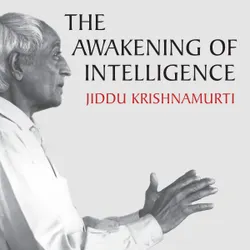
The Awakening of Intelligence
Jiddu Krishnamurti
audiobook
Havaintoja : Päiväkirjamerkintöjä
Jiddu Krishnamurti
audiobook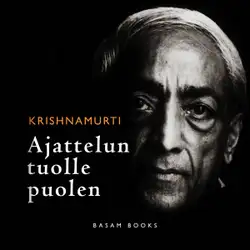
Ajattelun tuolle puolen
Jiddu Krishnamurti
audiobook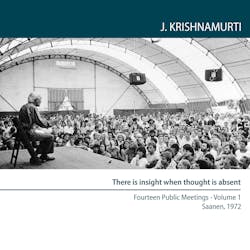
There Is insight when thought is absent : Fourteen public Meetings Saanen Switzerland 1972
Jiddu Krishnamurti
audiobook
One can Learn easily when there is an atmosphere of Freedom and Friendship : Rajghat 1965 - School Talk (Students) 2
Jiddu Krishnamurti
audiobook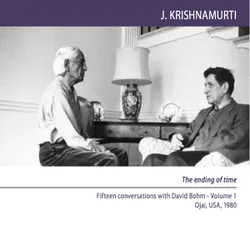
The ground of being, and the mind of man : Ojai 1980 - Dialogue 6
Jiddu Krishnamurti
audiobook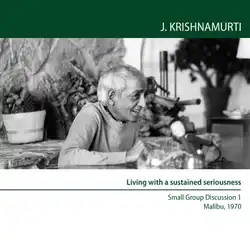
Living with a sustained seriousness : Malibu 1970 - Small Group Discussion 1
Jiddu Krishnamurti
audiobook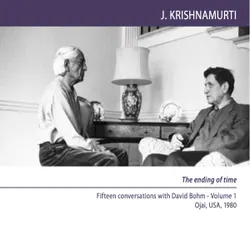
Why has man given supreme importance to thought? : Ojai 1980 - Dialogue 3
Jiddu Krishnamurti
audiobook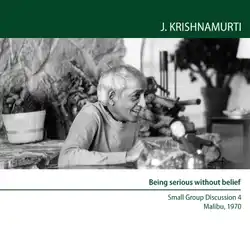
Being serious without belief : Malibu 1970 - Small Group Discussion 4
Jiddu Krishnamurti
audiobook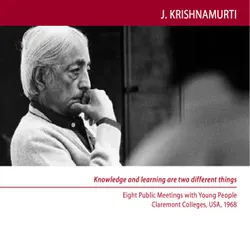
The Benediction of Meditation : Claremont 1968 - Students Talk 3
Jiddu Krishnamurti
audiobook
Breaking the pattern of egocentric activity : Ojai 1980 - Dialogue 4
Jiddu Krishnamurti
audiobook
What does it mean to be totally free? : Amsterdam 1967 - Students Discussion 1
Jiddu Krishnamurti
audiobook

Air Force Blue : The RAF in World War Two – Spearhead of Victory
Patrick Bishop
audiobook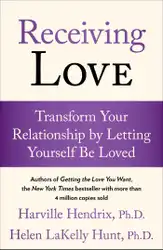
Receiving Love : Transform Your Relationship by Letting Yourself Be Loved
Harville Hendrix, Helen LaKelly Hunt
book
Spitfire Pilot
David M. Crook
audiobook
Duel Under the Stars
Wilhelm Johnen
audiobook
Many Lives, Many Masters : The True Story of a Prominent Psychiatrist, His Young Patient, and the Past-Life Therapy That Changed Both Their Lives
Brian L. Weiss
audiobookbook
Abundance
Peter H. Diamandis, Steven Kotler
audiobook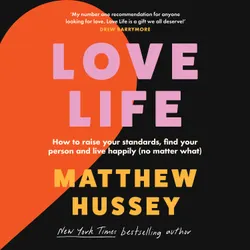
Love Life : How to raise your standards, find your person and live happily (no matter what)
audiobook
Why Women Have Sex
David M. Buss, Cindy M. Meston
audiobook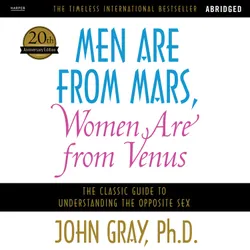
Men Are from Mars, Women Are from Venus
John Gray
audiobook
De ska ju ändå dö: tio år i en svensk underrättelsetjänst Del 1
Gunnar Ekberg
audiobook
Love Life : How to Raise Your Standards, Find Your Person, and Live Happily (No Matter What)
Matthew Hussey
audiobook
Själv och tillsammans
Tor Wennerberg
book
